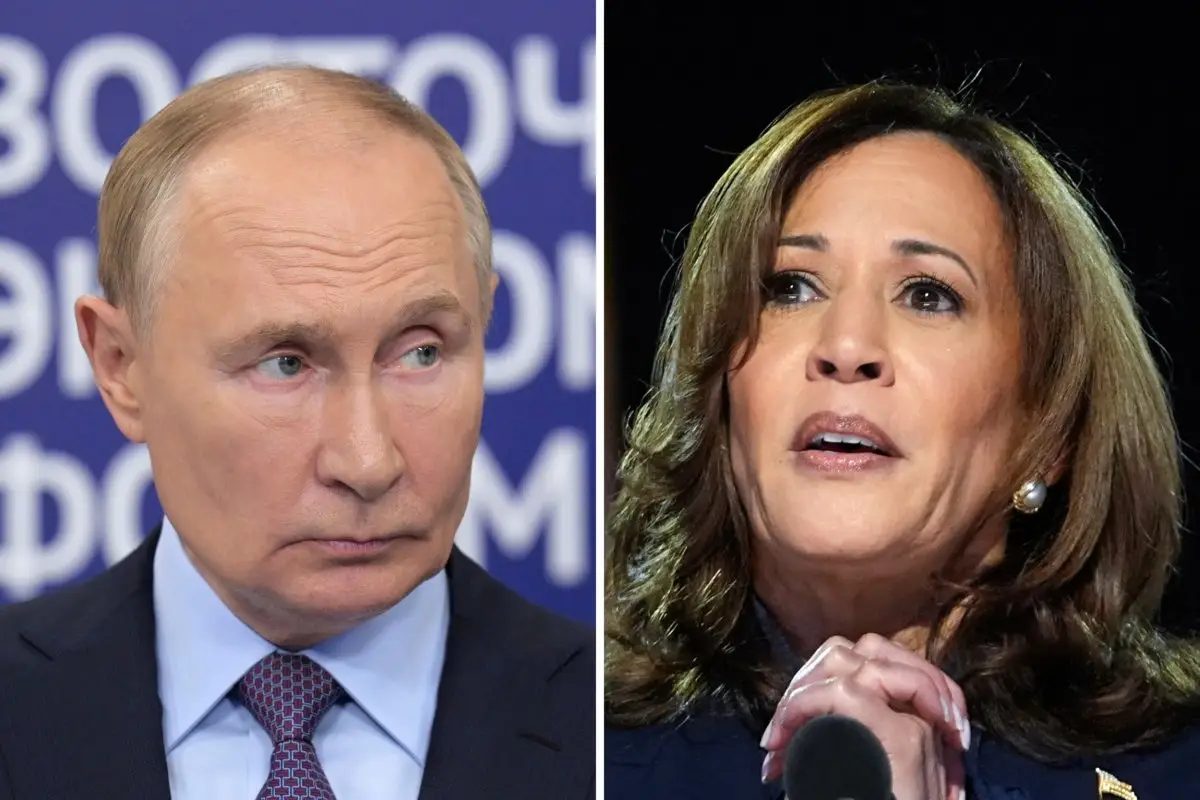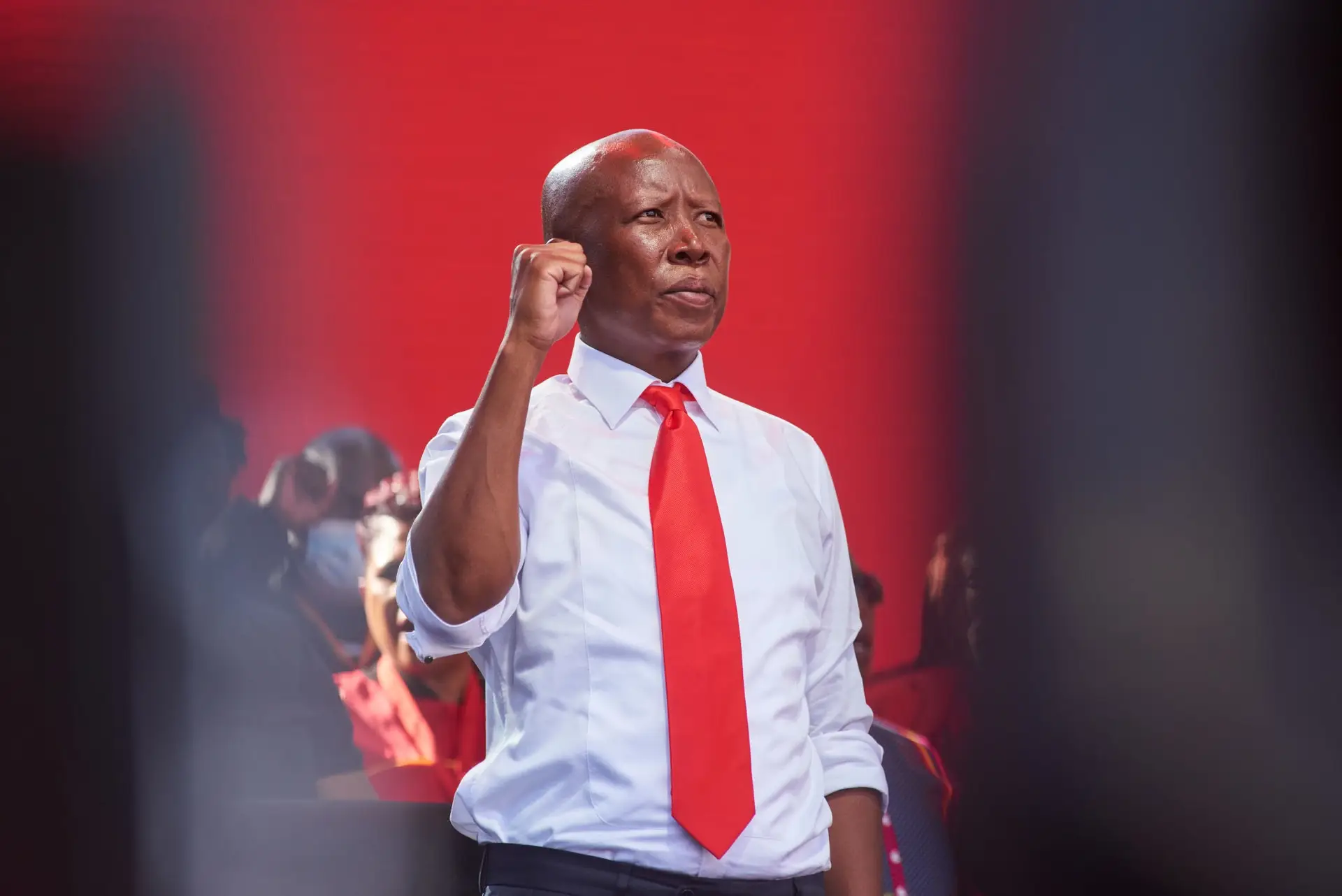The Southern African Development Community (SADC) Summit in August 2024 was expected to be a routine gathering of regional leaders to discuss critical issues affecting the bloc. However, Zambian President Hakainde Hichilema’s decision to attend the summit via video link, while his counterparts were physically present, has thrown the spotlight on the deepening diplomatic row between Zimbabwe and Zambia. This article delves into the events leading up to Hichilema’s controversial decision, its significance, and the broader implications for regional stability.
The Diplomatic Tensions: A Timeline of Escalation
The seeds of the current diplomatic tension between Zimbabwe and Zambia were sown in the lead-up to the 2023 Zimbabwean general elections. In a move that many saw as a calculated provocation, Zambian President Hakainde Hichilema appointed Nevers Mumba, a former Vice President of Zambia and a known critic of Zimbabwe’s ruling ZANU-PF party, to lead the SADC election observer mission. Mumba’s appointment was met with skepticism in Harare, where officials feared that his leadership could result in a biased assessment of the election.
On August 23, 2023, the Zimbabwean elections took place amidst allegations of irregularities and violence. The SADC observer mission, under Mumba’s leadership, issued a preliminary report that was critical of the electoral process, highlighting several concerns, including voter intimidation, the lack of transparency, and the unequal playing field. This report did not sit well with President Emmerson Mnangagwa’s administration, which dismissed it as biased and reflective of Mumba’s personal animosity towards Zimbabwe.
In the months following the election, tensions between the two countries escalated further. In June 2024, during a private meeting with Russian President Vladimir Putin, Mnangagwa reportedly expressed his displeasure with Zambia’s alignment with Western powers, which he claimed was undermining Zimbabwe’s sovereignty. This complaint, which was released by Moscow, the host government and widely reported in the media, was seen by Lusaka as an unwarranted attack on Zambia’s foreign policy and an affront to its sovereignty.
In response, the Zambian government issued a strongly worded statement condemning Mnangagwa’s remarks and reaffirming its commitment to its chosen diplomatic path. The statement emphasized Zambia’s right to engage with any global powers as it sees fit and criticized Zimbabwe’s attempts to interfere in its internal affairs. This exchange marked a significant low point in the relationship between the two nations, with both sides digging in their heels.
Hichilema’s Virtual Attendance: A Strategic Move
Against this backdrop of escalating tensions, Hakainde Hichilema’s decision to attend the SADC Summit on August 16, 2024, via video link rather than in person took on added significance. Officially, the Zambian government cited logistical challenges and prior commitments as reasons for the remote attendance. However, the timing and context suggest that this was a deliberate diplomatic signal, aimed at expressing displeasure with Zimbabwe without engaging in an outright confrontation.
Hichilema’s virtual attendance can be interpreted as a calculated move to avoid a potentially awkward face-to-face encounter with Mnangagwa, who was set to assume the chairmanship of SADC. By attending remotely, Hichilema effectively distanced himself from the proceedings, signaling that Zambia was not fully on board with Zimbabwe’s leadership within the regional bloc. This move also allowed Hichilema to maintain his stance on the Zimbabwean electoral issues without causing an outright diplomatic incident.
Implications for Zimbabwe-Zambia Relations
The diplomatic row between Zimbabwe and Zambia, exacerbated by Hichilema’s decision, has several implications for the future of bilateral relations. First and foremost, it underscores the growing rift between the two nations, which could have long-term consequences for regional cooperation. Historically, Zimbabwe and Zambia have enjoyed close ties, with both countries playing pivotal roles in the liberation struggles of Southern Africa. However, the recent tensions suggest that this relationship is fraying, potentially undermining efforts at regional integration.
Secondly, Hichilema’s stance could embolden opposition forces within Zimbabwe. The SADC observer mission’s critical report, coupled with Zambia’s apparent distancing from Mnangagwa’s government, might be interpreted as tacit support for the opposition’s claims of electoral malpractice. This perception could increase domestic pressure on Mnangagwa’s administration, which is already grappling with economic challenges and political unrest.
Furthermore, the diplomatic row could complicate Zimbabwe’s ability to engage with other SADC members. As Mnangagwa takes on the role of SADC chairperson, he may find it difficult to garner the full support of member states, especially if Zambia’s stance resonates with other countries in the region. This could weaken SADC’s ability to present a united front on key issues, such as the conflict in the Democratic Republic of Congo and the region’s economic challenges.
The Broader Impact on SADC
Hichilema’s decision to attend the summit virtually also has broader implications for SADC as an organization. The unity and effectiveness of SADC depend on the active participation and cooperation of its member states. When one of the key leaders opts out of attending in person, it can be seen as a lack of commitment to the bloc’s collective goals. This is particularly concerning at a time when SADC is facing significant challenges, including the ongoing conflict in the DRC, rising unemployment, and economic instability across the region.
Moreover, Hichilema’s move could set a precedent for other leaders to follow, potentially weakening the cohesion that SADC needs to address these pressing issues. If other leaders perceive that attending the summit remotely is an acceptable option, it could undermine the solidarity that SADC needs to function effectively.
Conclusion: Was It a Wise Decision?
In hindsight, Hakainde Hichilema’s decision to attend the SADC Summit via video link can be seen as a double-edged sword. On one hand, it allowed him to assert Zambia’s independence and avoid a potentially contentious encounter with Mnangagwa. On the other hand, it risks further alienating Zimbabwe and weakening Zambia’s influence within SADC.
While the decision may have been a strategic move to protect Zambia’s interests and maintain its diplomatic stance, it also carries the risk of deepening regional divisions. The long-term impact of this decision on Zimbabwe-Zambia relations and on SADC as a whole will depend largely on the subsequent actions of both nations and their ability to navigate this delicate diplomatic terrain.
In the end, Hichilema’s virtual attendance at the SADC Summit serves as a reminder of the complex and often fragile nature of international relations in Southern Africa. As SADC moves forward, its leaders will need to find ways to bridge these divides and work together to address the region’s pressing challenges. Whether Hichilema’s decision will ultimately be seen as a wise move or a missed opportunity remains to be seen.






